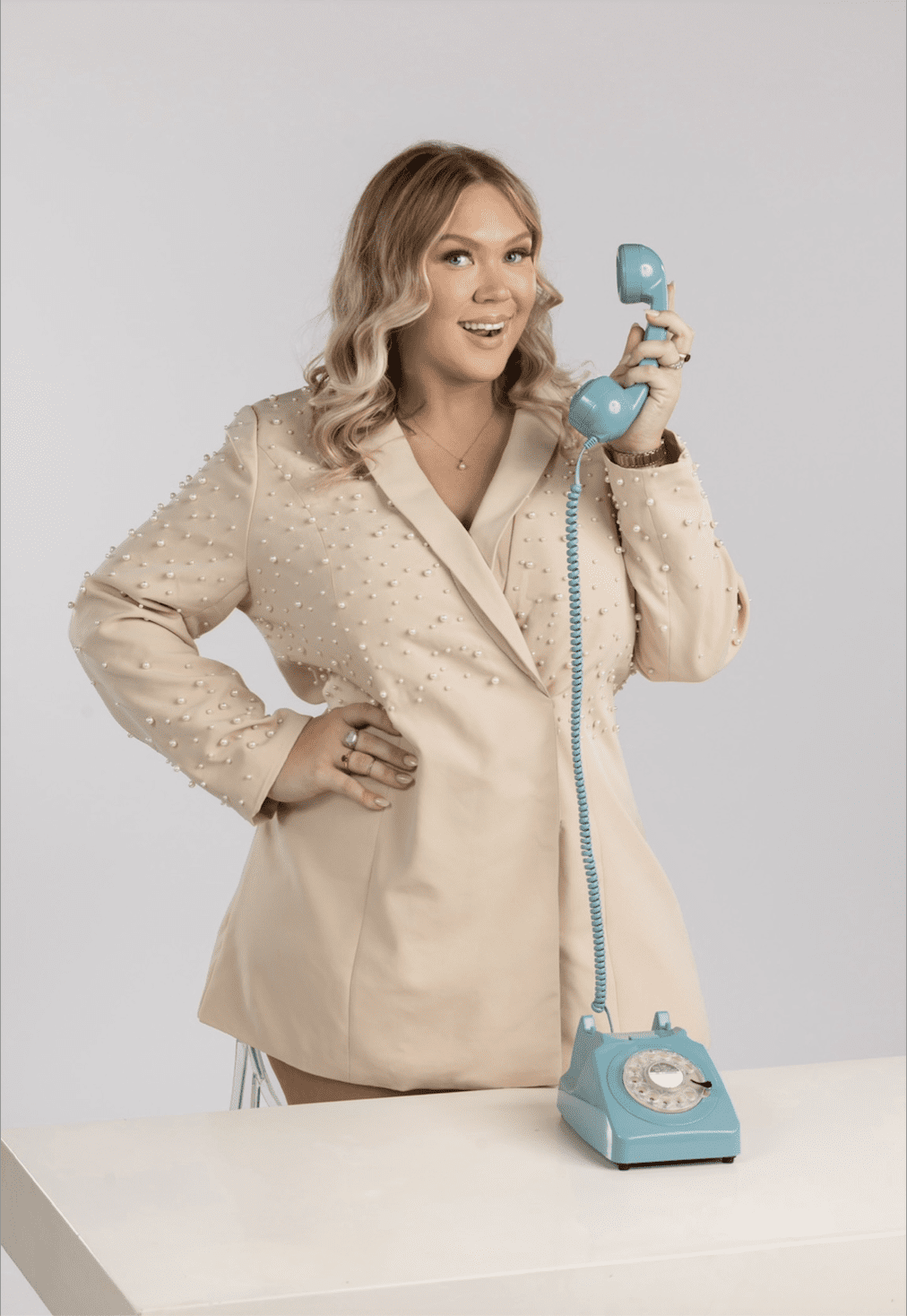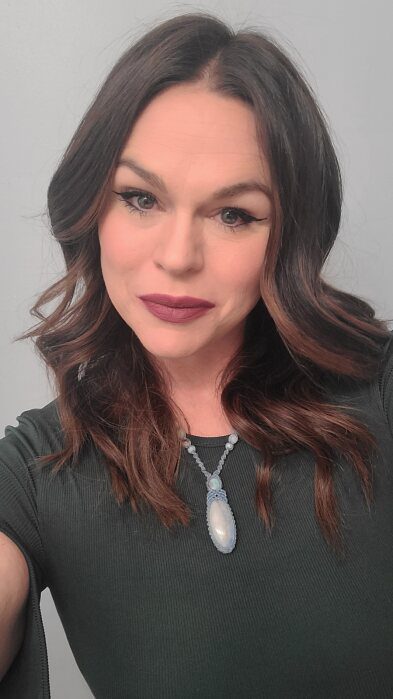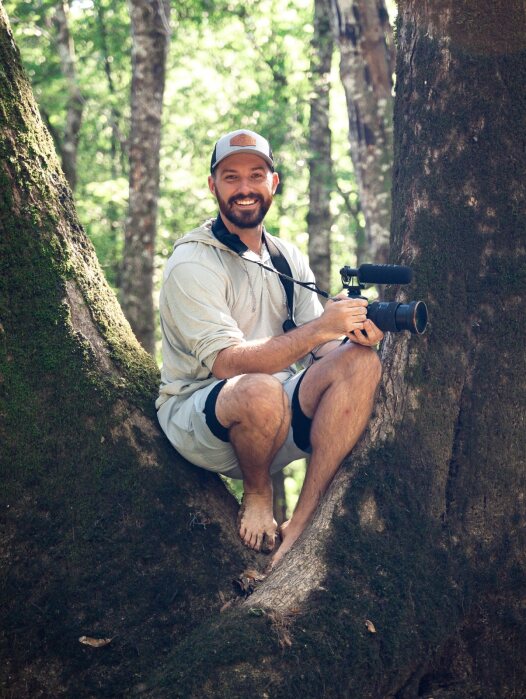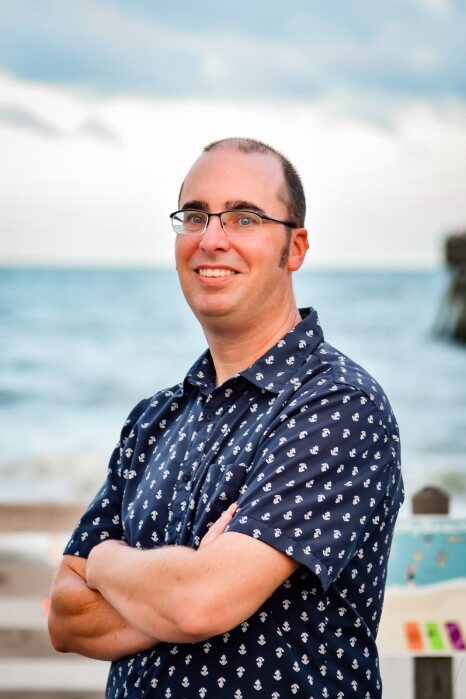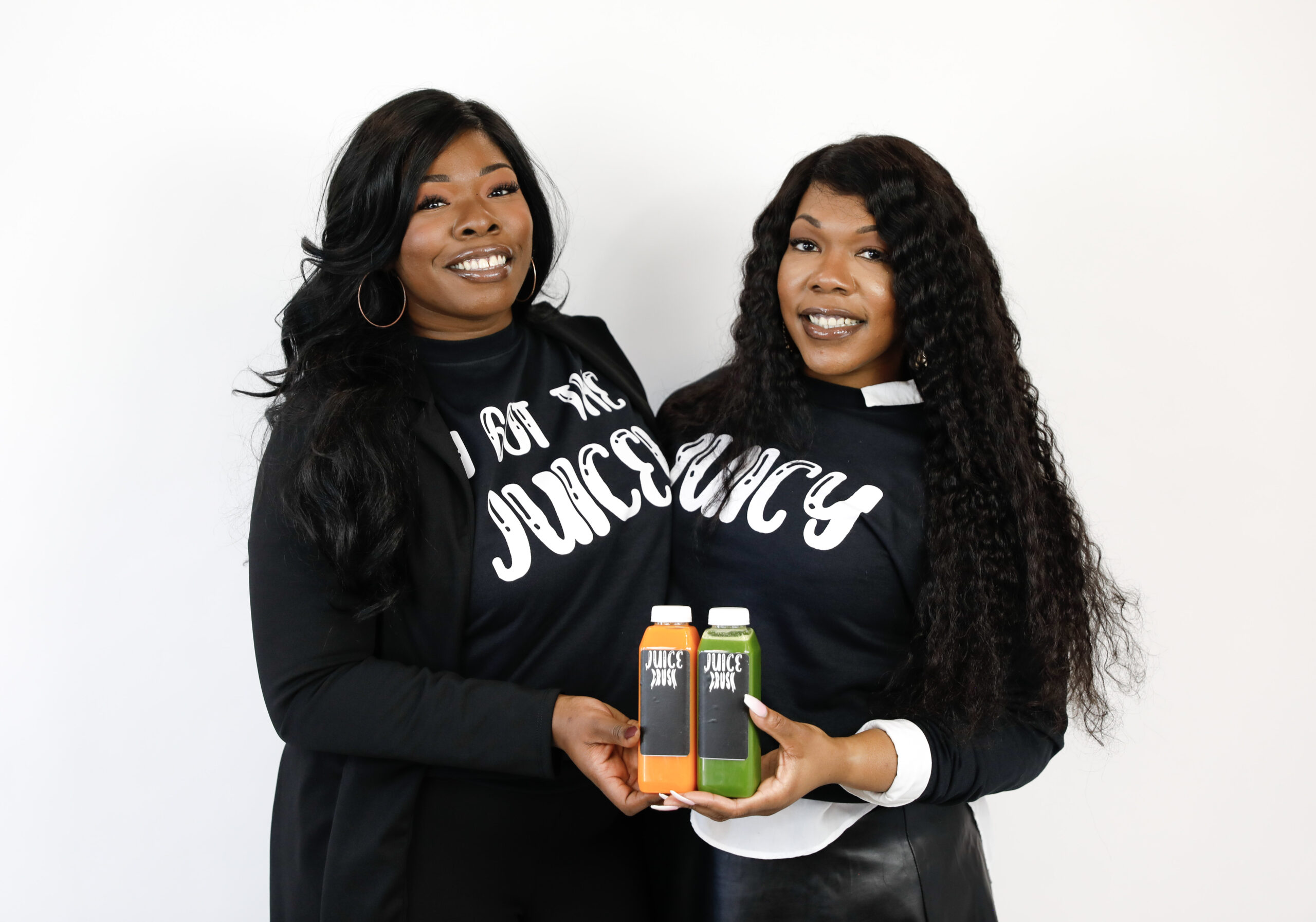“If the car accident hadn’t happened, I couldn’t have asked for a better career for me.”
Mystery author Caleb Wygal turns personal tragedy into literary triumph through the Myrtle Beach Mysteries series.
About
Caleb Wygal is a full-time author living in Surfside Beach, South Carolina, and he’s mainly known for his Myrtle Beach Mysteries series. His journey to becoming a successful writer was anything but straightforward. It all kicked off during some quiet moments at a slow office job and took a serious turn after a bad car accident that almost derailed everything.
Caleb talks about how a traumatic brain injury made him relearn the basics, walking, talking, and even writing his name. Doctors said he’d never hold a full-time job, but he proved them wrong. Some folks say his stories helped them learn English or get through tough times in the hospital.
What started as short stories born out of boredom has turned into a popular book series, thanks in part to the strong author community around South Carolina’s Grand Strand. From writing on the beach to getting featured on local TV, Caleb’s journey is packed with creative twists, small-town inspiration, and some pretty memorable moments, like when he spilled the beans on a local talk show that one of his murder victims was based on the host. For Caleb, success is simple: paying the bills and bringing joy to his readers. With each new mystery, he continues to prove that storytelling is not just an escape.
Interview
Transcript
SPEAKERS
Nora Smith, Caleb Wygal
Keywords
Myrtle Beach mysteries, creative writing, South Carolina, author community, professional success, personal success, reader feedback, car accident, brain injury, series writing, book promotion, local events, author talks, creative journey, writing inspiration.
Overview: Caleb Wygal, an author from Surfside Beach, South Carolina, has been writing mystery novels for nearly 20 years, with the Myrtle Beach mysteries series becoming his full-time career three years ago. He finds inspiration from the beach and the local community, which has been instrumental in his success. Caleb’s work has influenced readers, including those learning English, and has led to notable moments like appearing on local TV and speaking to schoolchildren. Despite challenges, such as a costly ineffective billboard ad, his series has thrived, with a new book set at the Legends Theater. Caleb recommended Kelly Capriotti Burton for further interviews.
Nora Smith 00:00
Okay, so to start, what do you do for work, and where are you currently working from?
Caleb Wygal 00:06
So, I’m an author. I write mystery novels, Myrtle Beach mysteries, and I am working from my office, coffee shops, or breweries, but typically from my home office.
Nora Smith 00:16
And where is that in South Carolina? (Surfside Beach) Cool, cool, great area. Um, how long have you been working there? And your official job title is…
Caleb Wygal 00:28
I have been an author for almost 20 years. Full-time for the past three years. And my official job title is just author.
Nora Smith 00:38
Super cool, awesome, yeah. What’s one thing you love about working as a creative in South Carolina compared to other locations?
Caleb Wygal 00:49
Compared to other locations I love, alright, so when I started writing, I lived in the upstate of South Carolina, in Greenville. We moved to Concord, North Carolina for 15 years after that, and we’ve been in Surfside Beach, Myrtle Beach area for about five years now. What I love about being at this area compared to other areas, is that whenever I want to get out of my home office to write, I can go to the beach, pop down a chair and sit by and, watch the ocean, and type and make up stuff. Yeah, that’s a big, big, big step up from where I was before, just being stuck inland.
Nora Smith 01:35
I can see that. And what does South Carolina bring to your work? Has it had any sort of influence on your writing at all?
Caleb Wygal 01:45
It’s had all the influence on my writing because, I write the Myrtle Beach mysteries, they wouldn’t exist if it weren’t for South Carolina. So, I mean, I’ve written before I started the Myrtle Beach mysteries. I’d written mystery novels, a couple action-adventure novels, and basically, I just did that as a hobby. Well, once I started writing the Myrtle Beach mysteries, and I got to book three, that’s when I was selling enough copies that I was able to make a living off of it. So, if it weren’t for South Carolina and Myrtle Beach, I would probably just be doing social media marketing and website development for small businesses.
Nora Smith 02:27
How did you come up with an idea, like what brought you to write about the Myrtle Beach mysteries?
Caleb Wygal 02:33
I’ve always been interested in mystery novels, and when we moved down here, my main job then was to take care of our son. I was a stay-at-home dad, and I would do social media marketing, website development, and whenever he was sleeping, I would write whenever I had a spare moment in between all that. And so, we moved down here. He was three. And so, he needed his afternoon naps, and I needed his afternoon naps to maintain my sanity, so I put him in the back of the car every day we drive up and down Ocean Boulevard about every day, so I could see the ocean, coast to classical music. And he would sleep for an hour or so, and I just drove back and forth, back and forth, back and forth. And it was during one of these trips, I had the idea for this mystery series, set there, set here in Myrtle Beach, and we went home, I did some research, came up with the character, pitched it to Paul Bucha, and they told me to stop working on what I was doing and do this instead.
Nora Smith 03:33
Wow, so cool. Yeah, that’s super interesting. Wow. What a great start. So how would you describe your local professional community down in Surfside?
Caleb Wygal 03:48
Well, I mean, really, there’s authors. I’ve found authors. Other authors are scattered all over the Grand Strand from Garden City to Murrells Inlet to Calabash and on into North Carolina. There’s a much stronger author network here than there was where we lived outside of Charlotte, and I’ve found that, you know, I regularly have coffee, I had lunch with another author earlier today, because it’s a much more supportive community among each other, and we try to help each other out, and I help others where I can.
Nora Smith 04:28
It’s great. Yeah, that’s a great community to work with. How would you define professional or personal success in your creative endeavors,
Caleb Wygal 04:41
Professional success. I define it, for me in my station in life is being able to pay the mortgage payment and the car payments, if I can sell enough books that I can do that, then that to me, that’s everything. Yeah, we’re not worried about that. But personally, I enjoy being able to just tell stories to give readers an escape from their lives. And I love hearing readers tell me how much they enjoy the characters and stories and how surprised they were when something crazy happens and just their reactions to, I love hearing readers say that they never read books before, but they wanted to start reading this series. So, they started reading this series. I’ve had people tell me they’ve used the books to learn English as a second language. I’ve had people tell me that they have been in the hospital for long stays, and they’ve read the book series as a way to make it through their long hospital stays and recovery periods. And it’s just so gratifying to me to be able to have had that privilege to be able to entertain people like that.
Nora Smith 06:04
Yeah, that sounds awesome. That’s so cool using your books to learn a second language. I would be so taken back if someone said that to me.
Caleb Wygal 06:14
I had a woman, I think last year, I think it was her. She reached out to me; said she was from Peru. And she married a guy who lives somewhere in the upstate of South Carolina, and when she came, when she moved here, she started trying to learn English. Her husband gave her one of my books, and she read them all, and she said, your books helped me learn English. I’ve had a Russian friend who did some work around our house, and I know he takes English lessons, and he asked me, one day, can I use your books to learn English? My English teacher told me to read American books. So, I gave him some books.
Nora Smith 07:01
That’s so cool. Yeah, great. What was your biggest fear when you decided to pursue a career in the arts?
Caleb Wygal 07:13
That my biggest fear was that nobody would like it, nobody would buy it, and therefore I wouldn’t be able to do what I do, but that’s always the risk you take when you put yourself out there like that.
Nora Smith 07:30
Could you define a sort of defining moment in your creative journey, something that happened and you were like, wow, this is it? Like “I really did this” kind of taken aback about it, about what you could create.
Caleb Wygal 07:47
Oh wow. There’s, several that pop into mind.
Nora Smith 07:52
Give them all. Give as many as you’d like.
Caleb Wygal 07:59
So, I’ve been on TV probably a couple dozen times by now. And do you know who Greg Rolls is? So, he headlined at the Alabama theater for 20 years, and he has his own theater now in North Myrtle Beach. He’s in commercials, local commercials. He has a daytime talk show on the local Fox affiliate. And when I started writing the second book, I wanted the victim to be somebody who was well known in Myrtle Beach, was on billboards and TV, and because it was a main character at a large-scale dinner theater show, they were the victims. I based the victim on a younger version of Greg Rolls, so I wrote the book based on the younger version of Greg Rolls. I never met the man before, and so about three months after the book came out, I was invited back. I was invited to a media event at a local restaurant that was getting ready to open. They wanted to have people come in, influences in the community, to maybe talk about the restaurant. I don’t know if you’re familiar with 1229 Shine in the Market Common.
Nora Smith 09:31
It sounds familiar to me. I feel like I’ve definitely seen or heard of it before, right?
Caleb Wygal 09:37
If you go, drive past Barnes and Noble down that street, behind it. Okay, yeah, there’s like, the building that has a big scuba diver mural on it. So, they invited my wife and I to go there for a media event, and there’s 10 people there total, and in the middle of the restaurant, there is like this huge bar. So. My wife and I were, like, on one side of the bar in the middle, and two women over in the far corner. And throughout our dinner, I kept seeing those women looking over at us. And whenever we left, my wife said, “I’m going to use the restroom.” So, my wife goes the restroom, the two women follows her into the restroom, and I’m waiting for like 10 minutes for her to come out. When she comes out, the two the two other women are behind her, and they’re dying laughing. And it turned out that the Fox TV station is right behind that restaurant, and the two women work for Greg Rolls, and told him the story about how I’d used him as a victim, as inspiration for a victim in one of the books. And so, they invited me to come on the show. And I said, I will come on, provided you do not tell Greg anything about this story. You can tell him who I am, but don’t tell him the story. And so, a couple weeks later, it’s a live show. They invited me there for like, such and such, on such and such dates. I came in the studio, Greg came up, introduced himself to me, he said, I just learned your name 10 minutes ago. I don’t know anything about you, but we’ll win it. We’ll win it. We’ll figure it out. He said, my producer gave me some notes, whatever. And so, whenever it comes time for an interview, to interview me. He said we’re on live TV, and he says, My producer says, and he look down his notes. He said, if my producer says there’s something about me to do with one of your most recent books, and what was it? And I said, Well, I looked at my wife while I was figuring out who was going to be the victim in this novel. And we were watching television one day, and you came on the screen, I looked at my wife and I said, what if somebody like you? And I pointed right at him, wash up dead with a sword plunge through your chest one day. And people kind of came out of their offices to watch this, I guess they knew it wasn’t going to happen, and people will, people, oh, and he and he looked at you, looked at the camera, did, killed me like, No, I didn’t kill you. I killed somebody like you, but, but after that, it kind of went viral in the area, and that’s really when the book started to take off was after that interview, because you can find it on YouTube. That was a big moment. I’ve been on there probably six, seven or more times they just like the way that he and I went back and forth together. Another one, and probably one of the most rewarding ones, was last year. I had the privilege; my son was at elementary over next to Prestwick. And one, I met one of the teachers at a book signing, and she invited me to come speak to her class, her fourth-grade class. Well, the fourth-grade class, there’s four different classes in fourth grade, and they said, once you come in, talk to the students. And so, I go in, whenever they want me to come, and they lead me to their small gym. And there’s 150 kids in there just waiting to hear me speak. And it was just so many smiling little precious faces. They were so eager to hear me speak, and I gave my little speech, and we did a little game about using your senses to solve mysteries. There’s a way to sign little pieces of paper so I could get my autograph and that was just the best. Oh, that’s so cute. Those are a few. And I’ve spoken in front of crowds of, you know, 60 to 100 people and it’s always just amazes me that people enjoy the books, they want to hear me talk about the books. And it’s just a rewarding thing that I never thought would happen in my life, because 25 years from this past Sunday, 25 years ago, I was in a car accident where I had a severe brain injury. I was just out of high school. (That’s awful. I’m so sorry.) Yeah, and I hadn’t started college or anything, and I had to relearn how to walk, how to talk, how to write my own name. Again, I never set foot in a college classroom until a couple years ago, whenever I taught a mystery writing class for Alli at Coastal.
Nora Smith 14:48
Wow, that is so inspirational.
Caleb Wygal 14:52
They told me I would never be able to work a full-time job or do any hard labor or anything like that. So, um, yeah. If you know me, where I’m coming from, where I’ve been to get to this point where I can go talk to groups of people and entertain people just by just making stuff up. I mean, I couldn’t have asked for more. If the car accident hadn’t happened, I wouldn’t have asked for a better career.
Nora Smith 15:20
Wow. That’s a really cool story. Well going sort of off the last question, in a sense, what was the best and worst advice you’ve ever received in your career?
Caleb Wygal 15:40
Oh, that’s a good one. Um, trying to think of one best advice was, was to, instead of writing standalone books, write a series and have the books connect, like each book has its own self-contained story or mystery, but I have a storyline that connects them all together. And so I went from writing individual books before I came up with this series idea where I had the main character trying to figure out, through the course of the series, what happened to his wife, because his wife died two years before the series started, and he always thought it was of natural causes, but he learns through the course of the first book that it wasn’t natural causes. And so, he’s spent the next six, seven books trying to figure out what happened to his wife, and that was really what drew readers in more than just individual mysteries. What happened to his wife, what happened to autumn was it was her name, yeah, and the best advice I’ve gotten is right in a series the worst advice. There’s a lot of bad advice out there, trying to think of a time, there’s a time where I spent a lot of money on something, I’m thinking about doing this again, because I’m just, I’m just a glutton for punishment. I spent $700 on a billboard advertisement that just got crickets and that, I mean, that’s a lot of money for somebody like me, because I’m not John Grisham, I’m not some of these really big-name authors. I don’t have a lot of extra money to spend on advertisements like that, so I’ll put down $700 on a billboard ad for a month that did nothing, and then that came off to the advice of another author said, Hey, I’ve done billboards where I live, and they work. Well, good for you, probably because there’s so many billboards here in Myrtle Beach, nobody just pays attention. They just end up being background noise. That was one of the worst pieces of advice was to get a billboard.
Nora Smith 18:05
Well, that’s unfortunate you spent that much money on that.
Caleb Wygal 18:09
Now you learn and I am thinking about doing it again because I have another book coming out in May. It takes place at the legends theater where you have, like, all these impersonators, like celebrity impersonators like Elvis Presley, Dolly, Parton, Tina Turner, The Blues Brothers, Michael Jackson and so they go to the theater, and somebody collapses on stage and dies. And that’s what they’re trying to figure out.
Nora Smith 18:35
Exciting. I’m going to have to read these books. I’m from New Hampshire, so I’m not originally from here, so I’ve never heard of them, so I’m very intrigued.
Caleb Wygal 18:47
You can get them at every bookstore in Myrtle Beach.
Nora Smith 18:52
Lovely. I will definitely have to read them, especially the new ones coming out. But yeah, that’s basically all I have. Are there any questions that you wish I had asked at all?
Caleb Wygal 19:03
No. So when I go and give an author talk, I already know a lot about what I’m going to talk about. I’ve done it so much, and a lot of what I just gave you ends up being in my author talks right, ends in some shape or form or order or whatever. I can’t think of much that you didn’t go over. Oh, maybe, like, how I really started writing books. Okay, so basically, like I told you, with the car accident, I wasn’t able to work full time jobs, especially the first couple years after that, but my uncle owned a hearing aid office in Greenville, in the upside of South Carolina, and I worked for him for a while. Basically, I would sit in his office, behind a computer or behind a desk. This is 2003 or 2004. Yeah, and I would answer phone calls, schedule appointments for them, change hearing aid batteries and clean out the wax from hearing aids, and people would bring them in. But it was a really slow job. So, I read a lot of books. And I read so many books, I started to read like in front of clients, and he told me one day that I couldn’t read books anymore because it didn’t look good for him or his business if I read books all the time. And so, he left me and there’s a computer on the desk, like I said, 2003-04 was not hooked up to the internet. There was no such thing as Facebook or social media or anything like that. There were no smartphones, and so all he had on that computer was Microsoft Paint, Microsoft Word and scaling software. So, I started writing short stories, and the short story in a little book, and here we are, 20 years later. That’s super cool. That’s basically how it all started, out of boredom.
Nora Smith 20:58
Wow, yeah, that’s awesome. Well, I’m glad you had that question, because I did not have that written down, but yeah, that’s basically it. Do you have any professionals in the creative field that you’d like to nominate to be interviewed? And if nothing comes to mind right now, I’m going to send an interview press release form later, and there’ll be a little form you can write someone in. So, no worries.
Caleb Wygal 21:25
Somebody that might be interesting for you to talk to, her name is Kelly Burton. Kelly Capriotti Burton, another fellow author who originally moved to the area with her husband. It’s been like 10 to 15 years since they’ve moved here. But they came to start a theater where the Hollywood Wax Museum is, they were going to have a theater there. And it was the Pat Boone theater, I don’t know some gospel musician or something like that, there was going to be a theater there. So, she and her husband, upped their family from Chicago, moved to Myrtle Beach, got in to start getting ready to start the theater, and before the theater opened, they shut it down. Why? You must ask her. Yeah, but anyway, so she and her husband are both very, very in tune with the arts. He has a band. Her daughters are both in dance school. Performing arts, stuff like that. And she writes books as well. So, she’s somebody who’s multi-talented, and owns a business too. Um, have you ever heard of Black Dog Running Company? They have one business in downtown Conway and another one on Farrows Parkway. But she owns that with another friend of hers, and she’d be a good person for you to talk to.
Nora Smith 23:03
Great! I wrote down her name.
Caleb Wygal 23:06
I can whenever we get off here, I’ll send you her email address.
Nora Smith 23:09
Okay, great. That’d be awesome.
Caleb Wygal 23:13
She’s somebody who’s super creative.

